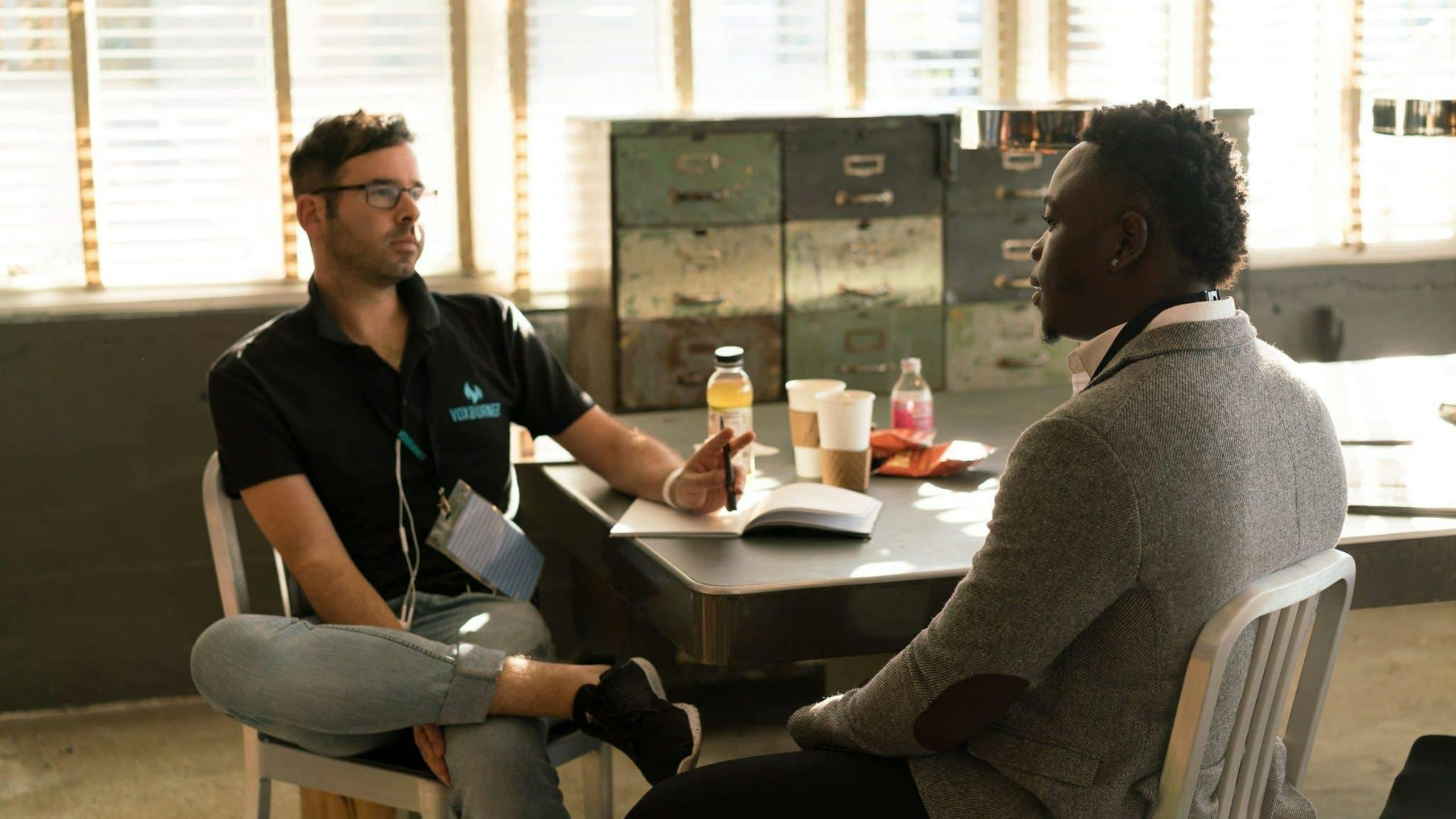The Future of Leadership Development: Trends in Coaching and HR Collaboration

Effective leadership is paramount in the world of business. As organizations navigate unprecedented challenges and opportunities, the need for strong, adaptable leaders has never been greater. However, traditional approaches to leadership development are no longer sufficient in preparing leaders for the complexities of the modern workplace.
A fresh approach is on the rise, highlighting the importance of teamwork between coaching and human resources (HR) to nurture the leaders of the future. This article will explore the dynamic trends influencing the future of leadership development, with a focus on the pivotal role played by collaborative efforts between coaching and HR.
The Evolution of Leadership Development
Historically, leadership development programs primarily focused on imparting technical skills and knowledge. However, as organizations began to recognize the importance of soft skills—such as emotional intelligence, communication, and adaptability—traditional approaches fell short.
Enter coaching—a personalized approach to development that focuses on unlocking an individual’s full potential. Coaching goes beyond mere skill-building; it fosters self-awareness, empowers individuals to set goals, and provides ongoing support and accountability. As coaching gained prominence, organizations realized its transformative power in developing leaders who are not just proficient, but truly inspirational.
Simultaneously, HR departments transformed their own. Traditionally viewed as administrative units responsible for recruitment and compliance, HR has evolved into strategic partners that drive organizational development and culture. HR professionals now play a crucial role in identifying talent, fostering employee engagement, and designing learning initiatives that align with business objectives.
The Convergence of Coaching and HR
Recognizing the limitations of siloed approaches, forward-thinking companies are embracing collaboration between coaching and HR as a synergistic force. This convergence offers several distinct advantages:
Tailored Development Plans
Through assessments, feedback sessions, and goal-setting exercises, coaches and HR professionals work together to identify strengths, areas for improvement, and development opportunities. This tailored approach ensures that leaders receive the support they need to thrive in their roles.
Continuous Feedback and Support
Coaching provides a platform for ongoing feedback and support, enabling leaders to address challenges in real time and capitalize on emerging opportunities. HR professionals are crucial in facilitating this process, providing resources, tools, and organizational support to reinforce coaching initiatives.
Data-Driven Insights
Collaboration between coaching and HR allows organizations to leverage data analytics to gain insights into leadership effectiveness. Organizations can identify trends, measure ROI, and refine their leadership strategies by collecting and analyzing data on coaching outcomes, employee engagement, and performance metrics. This data-driven approach ensures that resources are allocated effectively and that development initiatives yield tangible results.
Cultivating a Coaching Culture
The collaboration between coaching and HR can foster a culture of coaching within the organization. By promoting coaching as a core competency and leadership style, organizations empower employees at all levels to take ownership of their development and support their peers in reaching their full potential. This cultural shift enhances employee engagement and retention and drives organizational performance and innovation.
Actionable Strategies for Leadership Development
Organizations looking to leverage coaching and HR collaboration can employ practical steps to enhance their leadership development strategies.
Create an Employee Engagement Action Plan
One crucial aspect of effective leadership development is fostering employee engagement. Engaged employees are more productive and innovative, and are more likely to contribute positively to the organization’s culture and bottom line.
To do this, organizations can develop an employee engagement action plan in collaboration with coaching and HR professionals. Here’s how to get started:
- Assess Current Engagement Levels: Gather feedback on factors such as job satisfaction, organizational culture, communication effectiveness, and opportunities for growth and development.
- Set Clear Objectives: Identify specific objectives and key performance indicators (KPIs) for improving employee engagement.
- Collaborate with HR and Coaching Experts: Engage HR professionals and coaching experts to design targeted interventions that address the root causes of disengagement.
- Implement Engagement Initiatives: Roll out engagement initiatives that cater to the diverse needs and preferences of employees, such as mentoring opportunities, wellness initiatives, and recognition programs.
- Communicate Effectively: Keep employees informed about the purpose, goals, and benefits of engagement initiatives, and solicit their feedback and ideas for improvement.
Promote Continuous Learning and Development
Collaborate with coaching and HR professionals to create a culture of lifelong learning within the organization. This commitment to lifelong learning enhances individual leadership capabilities and drives organizational agility, resilience, and long-term success. Here’s how:
- Offer Learning Opportunities: Provide leaders with access to a variety of learning resources, including workshops, webinars, online courses, and conferences.
- Encourage Mentorship: Facilitate mentorship programs where seasoned leaders can share their knowledge and experiences with emerging leaders.
- Support Individual Development Plans: Work with leaders to create personalized development plans that align with their career aspirations and organizational goals.
- Embrace Digital Learning Platforms: Leverage digital learning platforms and e-learning tools to provide flexible and accessible learning experiences for leaders.
- Promote a Growth Mindset: Foster a culture of curiosity, experimentation, and continuous improvement where mistakes are viewed as learning opportunities rather than failures.
Looking Ahead: Opportunities and Challenges
As organizations embrace the future of leadership development, several opportunities and challenges lie ahead:
Opportunities
- Harnessing technology to scale coaching initiatives and reach remote or distributed teams.
- Embracing diversity, equity, and inclusion (DEI) in coaching and leadership development efforts.
- Leveraging artificial intelligence (AI) and predictive analytics to enhance coaching effectiveness and personalize development plans.
Challenges
- Overcoming resistance to change and traditional mindsets that may view coaching as a luxury rather than a strategic imperative.
- Ensuring that coaching and HR collaboration is inclusive and accessible to all employees, regardless of seniority or hierarchy.
- Maintaining confidentiality and trust in coaching relationships, particularly in organizations where there may be perceived power imbalances.
Final Word
When combining the personalized support of coaching with the strategic expertise of HR, organizations can create a dynamic learning ecosystem that empowers leaders to thrive in an increasingly complex and uncertain world. Thus, organizations should embrace the transformative power of collaboration and pave the way for a future where leadership knows no bounds.

 Join a community of tech-forward leaders receiving our insights every week.
Join a community of tech-forward leaders receiving our insights every week.